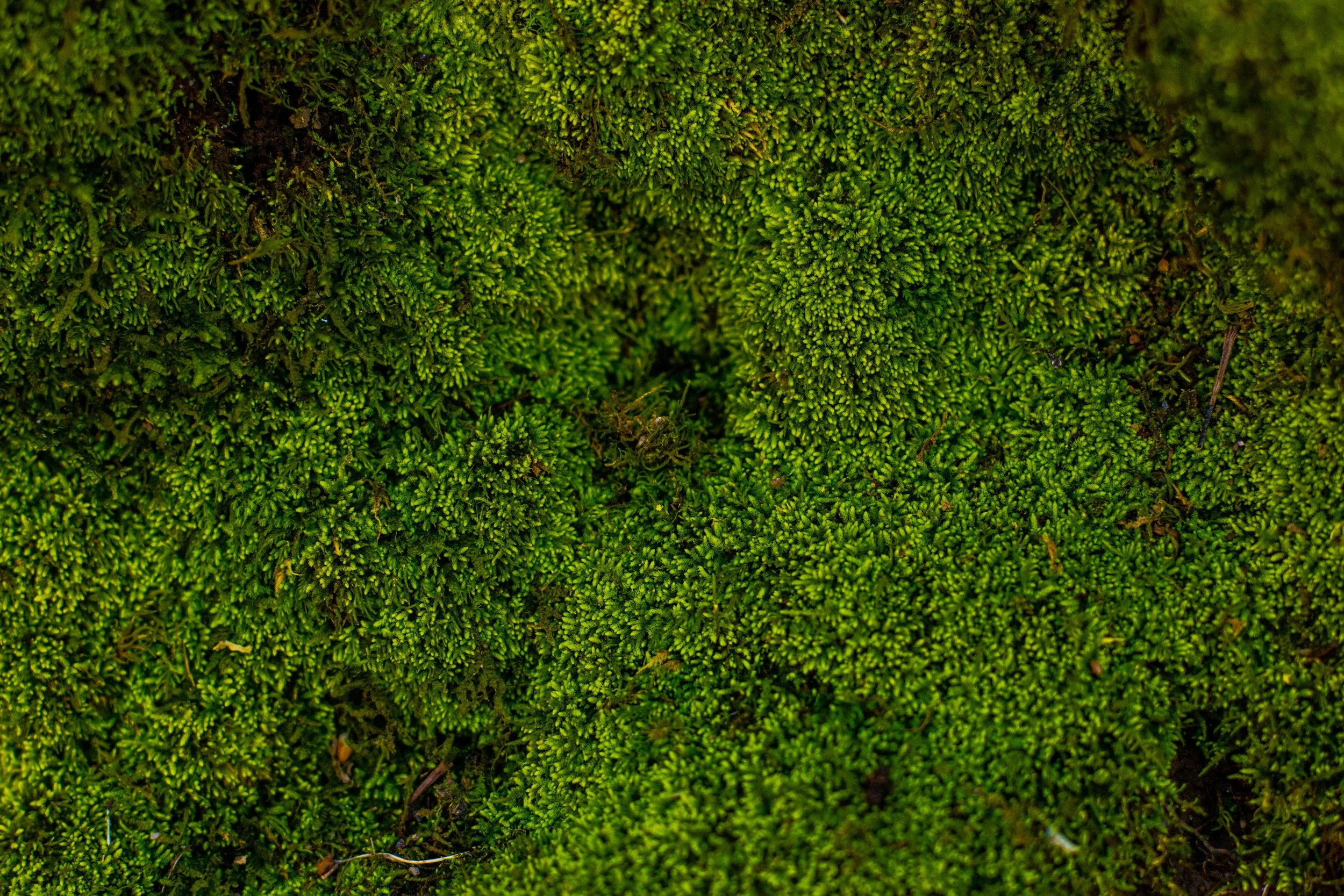The Science Behind Rewilding
THE SCIENCE OF REWILDING
Science is one way of remembering what we’ve always known: that we are meant to be in relationship with the Earth.
At ReWilding: Lab, we explore how evidence-based practices and ancestral wisdom converge—through ecopsychology, neuroaesthetics, and the biophilia hypothesis—to support well-being in both body and spirit.
Our programs reconnect individuals with their innate connection to the natural world, fostering well-being through immersive experiences and cutting-edge technology. Whether you're seeking personal renewal or deeper self-discovery, ReWilding: Lab provides the tools and support to help you thrive.
The Science of Nature’s Impact
-
STRESS REDUCTION
Decades of research demonstrate that spending time in nature can significantly reduce cortisol levels and lower stress, promoting a greater sense of calm and emotional balance.

-
COGNITIVE BENEFITS
Immersion in natural environments has been shown to enhance cognitive function, memory, and creativity, improving overall mental clarity and problem-solving abilities.

-
EMOTIONAL WELLBEING
Studies reveal that connecting with nature improves mood, increases emotional resilience, and fosters a greater sense of life satisfaction and purpose.

Bridging Brain & Nature
Using the Muse headband, we help participants observe their brain activity while immersed in natural settings. This brings new awareness to how presence, stress, and beauty are experienced—moment by moment.
This blend of science and nature creates transformative experiences that elevate mental and physical well-being.
Research-Based Approaches
-
Connecting individuals with nature to promote mental and emotional well-being, ecotherapy helps people cultivate mindfulness, reduce anxiety, and build resilience.
-
Recognizing the innate human tendency to seek connections with nature and other life forms, this theory highlights the importance of incorporating natural elements into daily life for improved well-being.
-
Neuroaesthetics is an interdisciplinary field that explores the neural foundations of aesthetic experiences, connecting neuroscience, psychology, and art, with the goal of understanding how the brain perceives, processes, and reacts to beauty and artistic expressions.
In rewilding, we create art from natural objects or in natural landscapes. As we do, we explore
how interactions with nature's beauty influence brain function and emotional states, neuroaesthetics provides scientific insights into why natural environments are so restorative. -
This interdisciplinary field examines the relationship between humans and their surroundings, exploring how environments impact behavior, emotions, and overall well-being. Research in environmental psychology highlights the importance of green spaces in reducing stress, enhancing cognitive function, and fostering a sense of connection to the world around us.
Resources & Further Reading
We’re curating a collection of resources to support your journey toward a deeper connection with nature and yourself.






